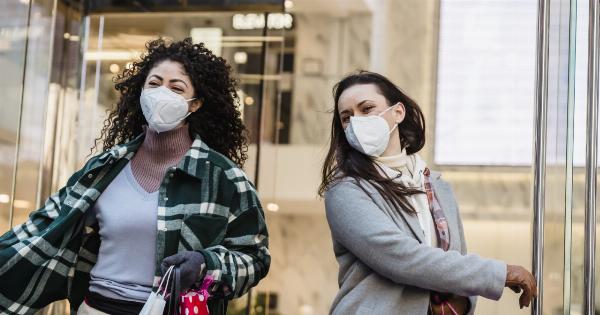Fainting, also known as syncope, is a sudden, temporary loss of consciousness that happens due to a decrease in blood flow to the brain. This can happen for several reasons, such as low blood pressure, dehydration, or anxiety.
Fainting can be a scary experience, but if you know what to do, you can ensure that you stay safe and avoid serious injuries. Here are some tips for what to do if you feel like you are about to faint:.
1. Find a safe place
The first step is to look for a safe place to sit or lie down. If you are already sitting or standing, try to find a nearby chair or bench. If there isn’t one available, sit on the floor and prop yourself up against a wall.
If you are driving, try to pull over to the side of the road in a safe location.
2. Lower your head
If possible, lower your head between your knees or lie down with your feet elevated. This position helps to increase blood flow to the brain and can prevent fainting or help you recover quickly if you do faint.
3. Take deep breaths
Breathe slowly and deeply to help regulate your heart rate and blood pressure. This can help you relax and prevent fainting.
4. Loosen tight clothing
If you are wearing tight clothing, like a belt or a tie, loosen it to allow for better blood flow.
5. Drink water
Dehydration can contribute to fainting, so it’s important to drink water if you start feeling lightheaded. Sip water slowly to help rehydrate your body.
6. Avoid sudden movements
Avoid standing up or changing positions suddenly, as this can cause another episode of fainting. Take your time and move slowly.
7. Seek medical help
If you experience fainting regularly, or have other symptoms such as chest pain or shortness of breath, seek medical attention right away. This could be a sign of a more serious underlying condition.
8. Don’t panic
Fainting can be scary, but remember that it is usually not a serious medical problem. Try to stay calm and follow the steps above to recover.
9. Avoid triggers
If you know what triggers your fainting episodes, try to avoid those situations. Some common triggers include standing for long periods of time, heat, and anxiety.
10. Stay hydrated
Dehydration can lead to fainting, so it’s important to drink plenty of water throughout the day. Avoid alcohol and caffeine, which can dehydrate your body.




























